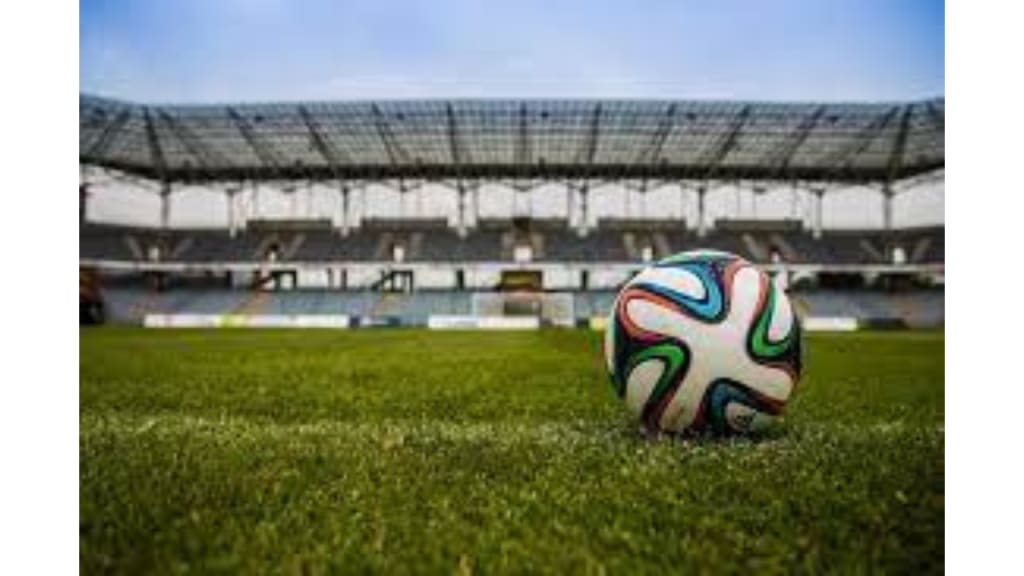The Business of Football: Investigating the Economics and Politics of the World's Most Popular Sport
The business of football

Football is the world's most popular sport, with billions of fans around the globe. It is not just a game, but a business that generates billions of dollars in revenue each year. From ticket sales to broadcasting rights, merchandise sales, and sponsorships, football is a complex and lucrative industry that involves a multitude of stakeholders. In this article, we will explore the economics and politics of football, examining how money and power influence the sport at all levels.
One of the primary drivers of the business of football is revenue generated through television broadcasting rights. The value of broadcasting rights varies significantly across different leagues and competitions. For example, the English Premier League is the most lucrative football league in the world, with broadcasting rights worth over $4 billion per year. This huge amount of revenue generated from broadcasting rights has helped clubs to invest in top players, facilities, and infrastructure, enabling them to compete at the highest levels of the sport.
However, this influx of money has also led to the concentration of power and wealth in the hands of a few elite clubs, leaving smaller clubs struggling to compete. This has led to concerns about the widening gap between the rich and poor clubs and the impact this has on the competitiveness of the sport. In recent years, the formation of a European Super League has been proposed, which would be a breakaway league of the top clubs in Europe, further consolidating the power and wealth of these clubs and potentially leaving smaller clubs in the dust.
Another key factor in the business of football is sponsorship deals. Many top football clubs are sponsored by major brands, such as Nike, Adidas, and Puma, which can bring in huge sums of money. Sponsorship deals often involve the use of a club's image and logo on the sponsor's products, as well as promotional activities and advertising campaigns. These deals not only benefit the clubs financially but also provide exposure for the sponsoring brands, helping to build brand recognition and loyalty among fans.
However, sponsorship deals can also lead to conflicts of interest, particularly when sponsors are involved in industries that conflict with the values of the sport. For example, tobacco and gambling companies have sponsored football clubs in the past, despite the negative health and social consequences associated with their products. This has led to criticism of football clubs for accepting such sponsorships and calls for more ethical sponsorship practices.
Politics also play a significant role in the business of football. Governments around the world have invested in football infrastructure, such as stadiums and training facilities, as a way to boost local economies and tourism. However, political interference in the sport can also have negative consequences. In some countries, political leaders have used football as a tool for propaganda, using the sport to bolster their own image and suppress dissent. In other cases, government interference in football governing bodies has led to corruption and scandal, damaging the reputation of the sport.
Furthermore, football has the power to influence politics, as seen in the case of the World Cup. The World Cup is the most prestigious football tournament in the world and is hosted by a different country every four years. Hosting the World Cup can bring significant economic benefits to a country, including increased tourism and investment. However, it can also be used as a tool for political influence, as seen in the case of Russia's hosting of the 2018 World Cup, which was widely criticized due to Russia's human rights record and political interference in the sport.
In conclusion, the business of football is a complex and multi-faceted industry that involves a range of stakeholders, from clubs and players to sponsors and governments. Money and power play a significant role in shaping the sport, with broadcasting rights, sponsorship deals, and political influence all contributing to the overall economics and politics of football.
If you are looking to buy Real Madrid Jersey in India then visit talkfootball's website for best quality jersey's.





Comments
There are no comments for this story
Be the first to respond and start the conversation.